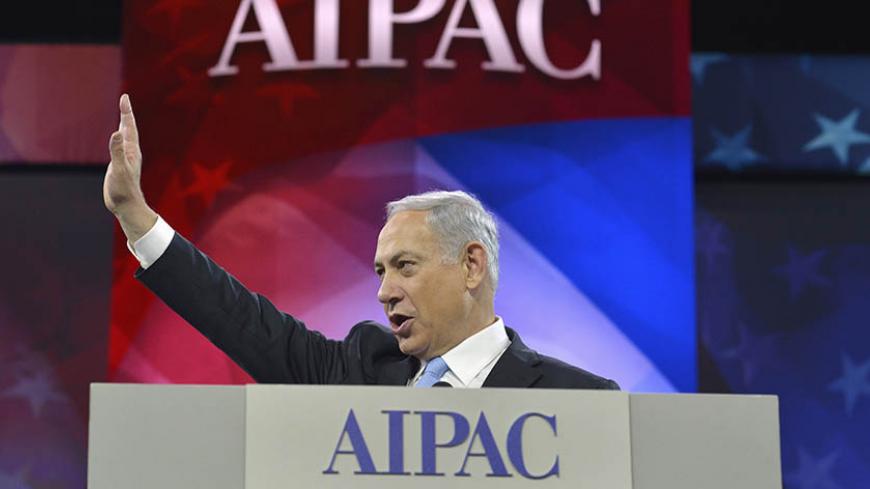AIPAC, the American Israel Public Affairs Committee, is the Israeli government’s long arm at the center of gravity of American power in Washington. The second most powerful lobby in the United States, AIPAC has served every Israeli government, over dozens of years, with exceptional effectiveness. This efficacy is based on tremendous quantities of American Jewish money donated for the benefit of election campaigns for candidates to the House of Representatives and other elected positions.
The basic, underlying postulate of AIPAC from the day of its inception in 1951 has been simple: to represent and work on behalf of every single Israeli government, without preference for Right or Left. With regard to the US political system, AIPAC sanctifies the principle of bipartisan support for Israel. It will never focus only on one of the two major American parties; it will never try to divide and conquer; and it will never favor a Republican legislator over a Democratic counterpart or the reverse. The secret of Israel’s power in Washington over the years lies mainly in this principle, which has transformed Israel into a form of consensus on Capitol Hill, against which very few dare rebel or deviate from.



